South African Rand Merchant Bank (RMB) has announced its list of Africa’s top ten investment appealing countries, aimed at investors wishing to invest in real assets or expand enterprises that rely on physical infrastructure.
According to the report’s author, RMB Africa Economist Daniel Kavishe, a new world necessitated a new approach to the publication, and this year’s report assesses the extent of the pandemic’s impact by sketching the landscape of the continent prior to COVID-19 and then painting a picture of both its actual and potential outcomes during and after the pandemic.
Historically, African investment destinations have been evaluated based on economic activity and the corporate operating environment.
RMB’s method, on the other hand, required an added layer of sophistication, taking into consideration essential elements such as operating conditions, fiscal scores, and development plans, all of which are critical to investment attractiveness in a Covid world.
READ ALSO: 10 African Countries with the Weakest Currency Exchange Rates in 2023
- Egypt: While Egypt’s economy was severely impacted by the pandemic, it was also one of the earliest to resume development. This is due to the quick steps it implemented and the fact that it was on a stronger footing at the time of the COVID-19 breakout.
- Morocco: Morocco’s economy continues to benefit from political stability. In 2020, a specific fund to tackle COVID-19 was formed, with a budget of 2.7% of GDP. Two-thirds of the finances were to come from private sources, with the remaining one-third coming from the government.
- South Africa: The southernmost country in Africa has a strong manufacturing and retail base that will continue to supply goods and services to the southern African regional economies.
- Rwanda: Rwanda continues to benefit from its efforts to strengthen its business climate. Furthermore, significant investments should boost the building and energy industries over the next few years as part of the National Strategy for Transformation (NST).
- Botswana: The country has substantial foreign exchange reserves, allowing it to weather the pandemic-induced economic storm better than most. The Pula Fund, a sovereign fund established in 1994 to finance a substantial portion of the budget deficit, has resulted in low budgetary dependency on debt.
- Ghana: Ghana began the current crisis on a more solid basis than its African counterparts. Its economy has undergone considerable structural changes in recent years, setting it for significant growth in the future. This is aided by primary-sector sectors like as oil and gold, as well as accelerated tertiary-sector development.
- Mauritius: With the help of a highly favorable tax environment, Mauritius’ financial sector will continue to be one of the key drivers of the country’s economy in the future, particularly through cross-border investment activities and banking services.
- Côte d’Ivoire: A surge in private investment should continue to boost construction, agriculture, and services (particularly trade, transportation, and ICT). The momentum given by state investment under the 2016-20 National Development Plan will assist private investment.
- Kenya: According to RMB, Kenya’s efforts to secure the implementation of the “Big Four” strategy, which focuses on industrialization, universal health coverage, food security, and affordable housing, will necessarily result in rapid economic growth.
- Tanzania: Tanzania has been on a remarkable development path in recent years. This expansion can be ascribed to the government’s ongoing public investment in critical secondary and tertiary sectors ranging from energy to developments in the telecommunications and finance sectors.





